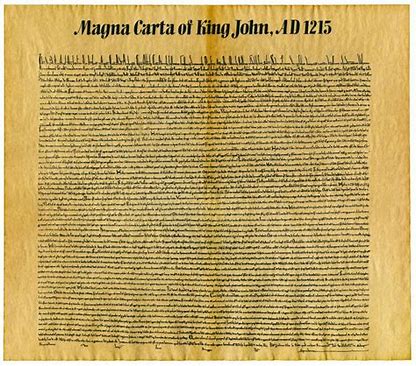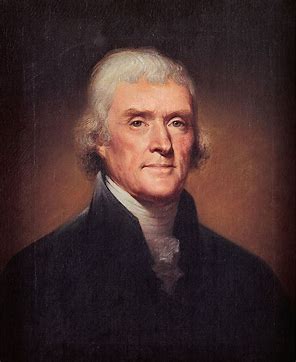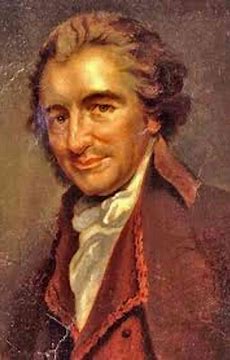There is nothing new about Bills of Rights. They date back to Hammurabi’s Code in 1795 B.C.E.

In 539 B.C.E. Cyrus the Great, a Persian leader, enshrined a list of rights on a clay cylinder.

In 1215, the British Magna Carta was the first list of rights on paper.

This evolution of rights requires demands. In 1787, at the Constitutional Convention in Philadelphia, the framers of the Constitution voted unanimously against the inclusion of the Bill of Rights. There was no Bill of Rights in the United States Constitution when it was originally drafted in September, 1787.
It was only months later, in December, when Thomas Jefferson, who was in France, realized that there was no Bill of Rights, that he took action and wrote to James Madison, saying the following: “A Bill of Rights is what the people are entitled to against every government on Earth, and which no just government should refuse.”

Jefferson was right about rights. If you would like to understand the quintessential essence and purpose of Unite for Rights as an organization, you can read that quote again.
I came across this quote when I was working on my doctorate at the Berkeley law school. I was reading a compilation of letters that Jefferson had written, when I came across a letter to James Madison with this quote in it.
Jefferson was angry when he wrote this quote. During the time he was in France, they were working on the Declaration of Rights of Man, another Bill of Rights. With this experience, it is noteworthy that Jefferson said “a Bill of Rights is what the people are entitled to against every government on Earth.” He didn’t say a Bill of Rights for this government or that government, he said it is something the people are entitled to against every government on Earth.
A Bill of Rights is built upon principle not personality. The personalities of leaders are too flimsy and fickle a basis for them. We who are governed, are entitled to a Bill of Rights against every government, regardless of country, based on principle. That’s the story we tell.
Now you may wonder why is Jefferson right about rights? Because Jefferson believed that all power to govern existed in the people governed. Through a Bill of Rights, the people were conserving some of their power, while giving some of their power to those who governed them.
This becomes particularly important in democracies. Democracy does not work without a Bill of Rights! As Edmund Burke wrote in Reflections on the French Revolution, in a democracy the masses of people can be easily manipulated through a cult of personality of a particular leader to give up their rights. He was correct; it happens today.

But Thomas Paine countered in The Rights of Man (both best-sellers in their day) that people are not swine. They can read and write, and enshrine in a Bill of Rights a set of rights to which they are entitled, even in a democracy.

While Burke and Paine were often thought of in their day, and now, as adversaries, they both had truths in the points that they were making.
Democracy is the best government ever designed, but the power of the people can be usurped easily, even seemingly voluntarily; a Bill of Rights is need at these moments as a self correcting mechanism so that people do not have all power stripped from them.
Of course, there will be variations in the nature of the democracies, as well as in interpretations of rights. What is most essential is that the core principles of democracy, with a Bill of Rights, must be maintained.
The tension we continue to see today between authoritarian governments and democracies turns on Bills of Rights. Bill of Rights require an independent judiciary to enforce them. It is for Judges, not politicians, to define the scope of rights that the people have retained for themselves.
The catch is that many people are weak, and willing to trade their a little bit of power for a little bit of false security. Often they have a short-sighted impression that if they give up their power to a strong personality, they will become more secure. Jefferson knew better. As was frequently said during his time “power corrupts; absolute power corrupts absolutely.” So it is when charasmatic leaders difine rights with the strength of their personality, rather than judges who define rights based on principle.
Being a Uniter, you are supporting principle over personality. A Bill of Rights is what people are entitled to against every government on earth, and which, no just government should refuse. Through your participation in Unite for Rights, you are excercising your personal power to make this happen, for yourself, your children, and future generations.


Leave a Reply